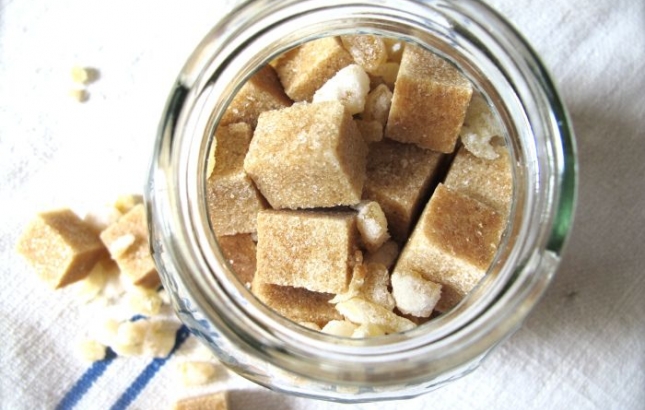
The No Sugar Movement
Sugar sure is in the spotlight right now. We’ve consumed it for centuries, yet the so-called ‘No Sugar Movement’ is swiftly gaining momentum. The sweet stuff is coming under scrutiny internationally, due to research suggesting it has detrimental effects on our health. US endocrinologist Professor Robert Lustig, along with several colleagues caused a stir when they labeled sugar ‘toxic’ and called for it to be taxed in the same way as alcohol. So how bad is sugar really for us and why should we consider a ‘No-Sugar’ diet?
Sugar sure is in the spotlight right now. We’ve consumed it for centuries, yet the so-called ‘No Sugar Movement’ is swiftly gaining momentum. The sweet stuff is coming under scrutiny internationally, due to research suggesting it has detrimental effects on our health. US endocrinologist Professor Robert Lustig, along with several colleagues caused a stir when they labeled sugar ‘toxic’ and called for it to be taxed in the same way as alcohol. So how bad is sugar really for us and why should we consider a ‘No-Sugar’ diet?
Recent posts by Renée Leonard-Stainton
First off, research revealing the bitter side of sugar suggests that;
- Sugar Suppresses the Immune System: When you eat a big dose of sugar like a cake or coke, you temporarily impair your immune system’s ability to respond to challenges and invaders. The effect lasts for several hours, so if you eat sweets several times a day, your immune system may be perpetually operating at a distinct disadvantage.
- Sugar Promotes Inflammation: Inflammation, which is part of the natural immune response, is not always a bad thing. However, consuming sugary foods can fuel excessive, inappropriate inflammation that serves no useful purpose and can actually promote ageing and disease.
- Sugar Increases the Risk for Diabetes: Consuming sugary foods results in your blood sugar levels rising. To help clear the sugar from your bloods and move it into your cells, the pancreas releases a hormone called insulin. As insulin does its job and blood sugar levels go down, insulin levels return to normal. However, when you eat a lot of sugar, you’re constantly calling for insulin. Over time, your body requires more and more insulin to get the job done. Eventually, your pancreas may just stop responding to the call and this can lead to insulin-dependent diabetes. Exposing your cells and organs to chronically high insulin levels also accelerates the aging process.
- Sugar is Addictive: Research suggests that eating sugar stimulates the same reward centres in the brain activated by tobacco, alcohol, nicotine and heroin. This promotes an unhealthy relationship and reliance on sugary foods.
- Sugar Promotes Obesity: As mentioned above, sugar is addictive and in excess, interferes with insulin’s job in the body, leading to weight gain. Sugar is found in many nutrient-poor foods so the concern is that if people are consuming more of the highly processed, sugary foods and drinks, chances are they're consuming less of the healthy foods like fresh fruit and vegetables, wholegrains and dairy.
The average Australian eats some form of added sugar every day, and it’s alarming to realize how it creeps its way into so many unlikely foods. You'll obviously find added sugar in foods we know are bad for us – such as soft drinks, lollies, cakes, biscuits and pastries – but also in supposedly healthy foods such as fruit juices, nut butters, canned beans and tomatoes, muesli bars, pre-made ‘low-fat’ sauces and breakfast cereals.
Simply removing sugar from your diet can help improve your health, but for good health you need to fill up on good-for-you foods too. Eating regular, nutritionally balanced meals and snacks will ensure that you don’t cave into cravings nearly as easily! To kick-start your own ‘No-Sugar’ movement, a tailored program can be your best bet in finding sweet success with your health goals.
Live well, live long, live naturally
Renee x



